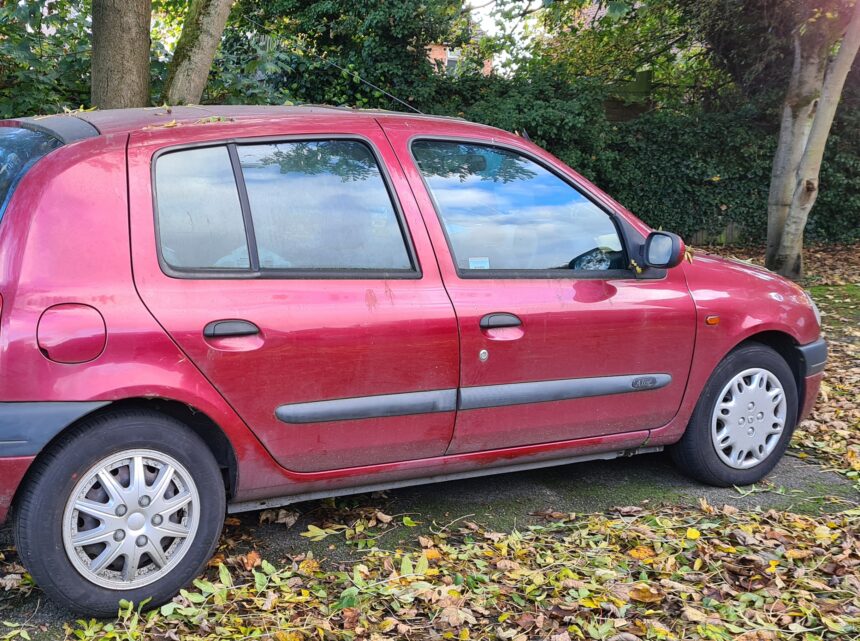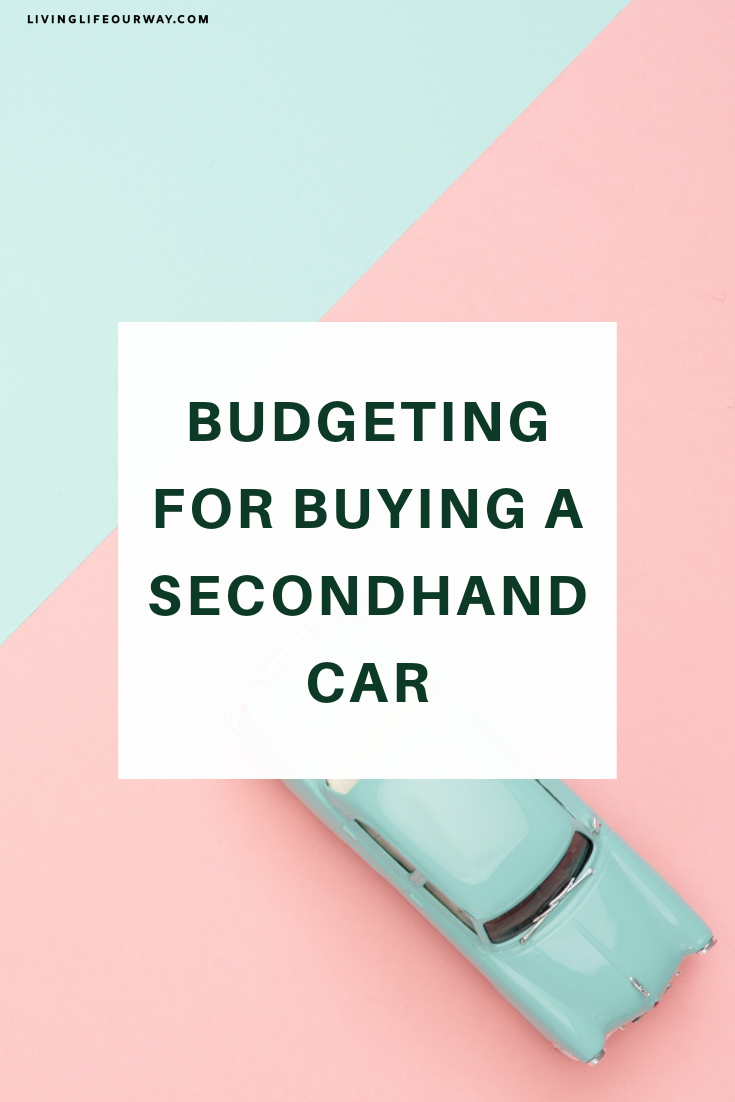If you are looking for a secondhand car, there are things to consider which don’t apply to new purchases. Secondhand cars, while more cost-effective, have more history and complications than a brand new car off the lot. For this reason, the budgeting for buying a secondhand car is more difficult and complex than budgeting for a new car. In this blog, you will find advice for budgeting for a second hand car, as well as understanding the pros and cons of purchasing used cars.
The Extra Hidden Costs of Buying a Secondhand Car
Extra hidden costs are part and parcel of buying a used car. Even with the most reputable, experienced seller, used cars are far more unpredictable than brand new ones. Here are a few costs which might be incurred when buying a secondhand car.
More frequent repairs
New cars are unlikely to need frequent repairs, at least for the first five to ten years of their lives. Second hand cars, on the other hand, might need more frequent repairs due to the simple fact than it is an older vehicle with more miles on the clock. Even though secondhand cars are much cheaper than new ones, it is a good idea to factor in extra repair costs.
Less fuel efficiency
Newer cars are generally more fuel efficient, especially if the car is a hybrid. This means that older cars will burn through fuel much more quickly, incurring more ongoing costs for the owner. Make sure to factor in these costs before you buy your secondhand car.
Shorter lifespan
When you buy a new car, you can expect to own it for many years to come. However, with a second hand car, the lifespan is inevitably shorter. When you buy a second hand car, it might be not too long before you need to trade it in for a new car, therefore costing more money.
Consider the size when buying a secondhand car
Smaller cars are cheaper to insure and more fuel efficient, even older models. If you want to make up lost money elsewhere, you should consider buying a smaller car which will reduce the costs you incur over the coming years.

Buying a Secondhand Car
If you want to buy a secondhand car, it is vital that you make plans to visit multiple dealerships and find the right one for you. Discuss your budget with the sales representative and ensure that you are given multiple options at each dealership. With second hand cars, you are able to negotiate pricing more flexibly than with a new car; for this reason, it is important to visit the dealership in person and set up a meeting to discuss the financial options for buying the car.
To conclude: buying a secondhand car is often a fantastic option for many people, particularly those with low budgets or buying a first time car. When budgeting for a huge purchase like a car, it is essential to carefully plan every aspect of your financial outgoings. Use this helpful guide to fortify your plans!
*This is a collaborative post

